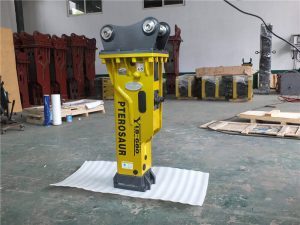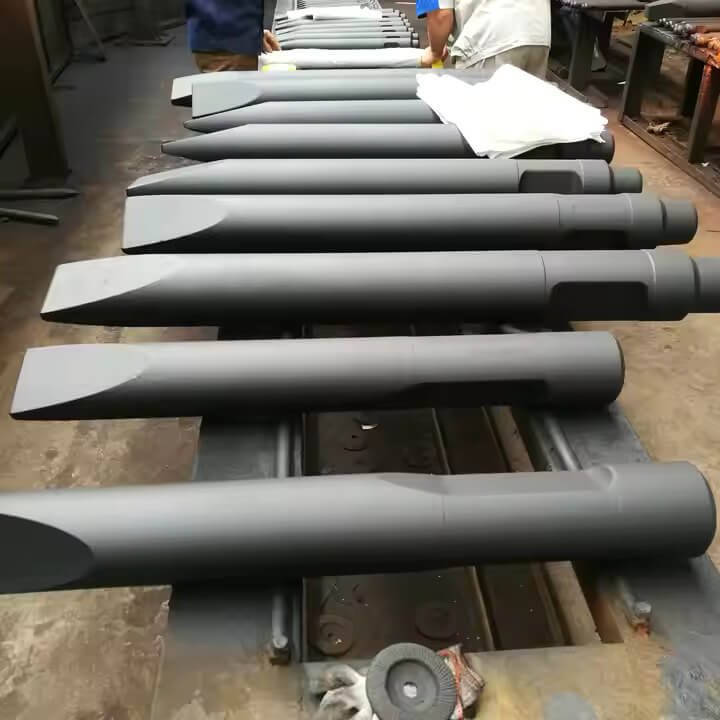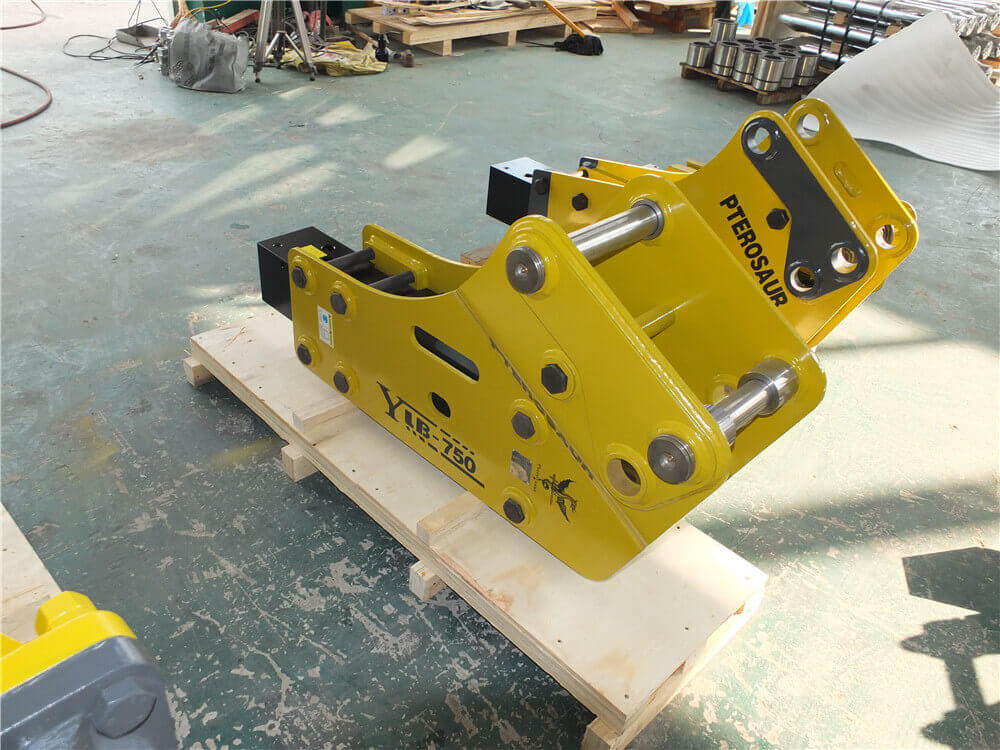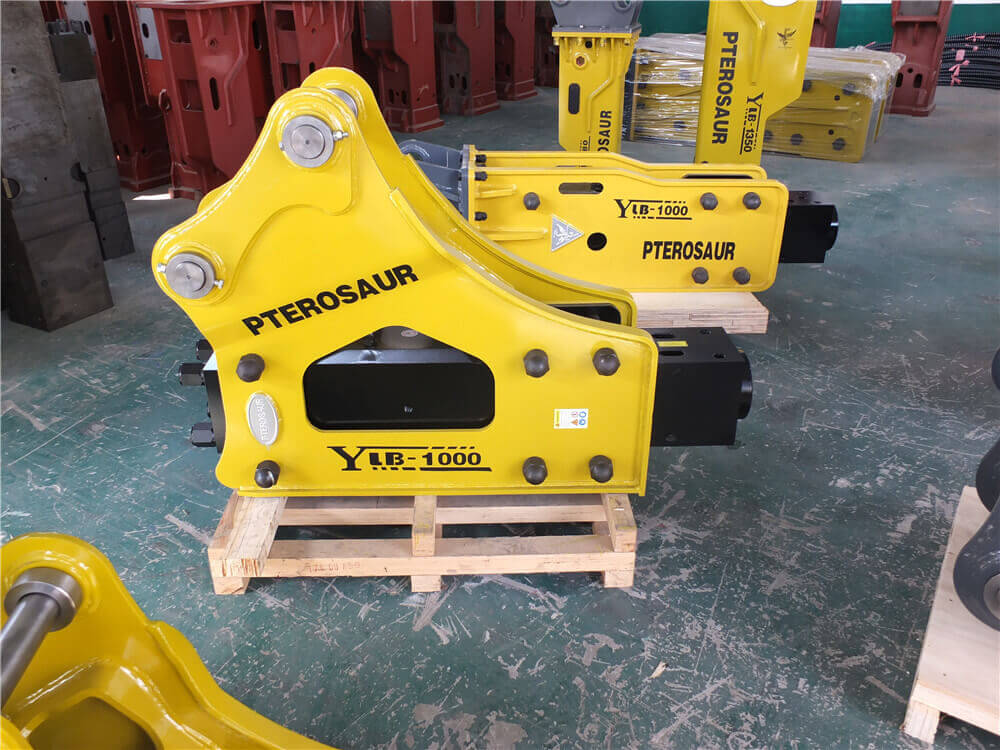Understanding Hydraulic Breakers: The Essential Tool for Excavation
Hydraulic breakers, commonly referred to as hydraulic hammers, are indispensable attachments used by excavators to break down hard surfaces such as concrete, asphalt, and rock. These powerful tools convert hydraulic energy into mechanical force, enabling them to deliver high-impact blows and effectively demolish tough materials.
What Are Hydraulic Breakers?
Hydraulic breakers, also known as hydraulic hammers or rock breakers, are designed specifically for heavy-duty applications in construction and mining. They are attached to excavators and are crucial for tasks that involve demolishing concrete structures, rock excavation, and asphalt cutting. The versatility of hydraulic breakers makes them suitable for various industries, including demolition, excavation, municipal work, and quarrying.
How Do Hydraulic Breakers Work?
These tools operate on the principle of hydraulic energy conversion. When activated, the hydraulic fluid flows through the system, generating pressure that allows the breaker to deliver powerful strikes. Hydraulic breakers are engineered to withstand the rigors of challenging jobs, making them a reliable choice for professionals. They are available in different sizes and designs to accommodate a range of excavators, from mini excavators to larger models.
Types of Hydraulic Breakers
-
Excavator Rock Breakers: Designed for use with excavators, these breakers can be fitted to various brands, including John Deere, Caterpillar, and Bobcat. They typically come with multiple bits for different applications.
-
Heavy-Duty Hydraulic Hammers: Suitable for larger excavators, these hammers are built to handle the most demanding tasks, such as breaking through thick concrete walls or solid rock formations.
-
Mini Excavator Rock Hammers: Specifically designed for smaller excavators, these compact breakers are perfect for tight spaces and lighter demolition work.
Key Features of Hydraulic Breakers
-
High Impact Energy: Hydraulic breakers are known for their high-impact energy output, allowing them to break through rigid materials efficiently.
-
Durability: Built to withstand extreme conditions, hydraulic breakers are made from robust materials that ensure longevity and reliability.
-
Versatility: With various attachment options, including wedge style or pin-on style lugging, hydraulic breakers can be used with a wide range of excavators.
-
Ease of Use: Hydraulic breakers are designed to be user-friendly, allowing operators to quickly switch between different tasks without extensive downtime.
Conclusion
Hydraulic breakers are a crucial component in the toolkit of any construction or demolition professional. Their ability to deliver powerful strikes makes them ideal for breaking through tough surfaces, while their adaptability ensures they can be used across various machines and applications. Investing in a high-quality hydraulic breaker can significantly enhance productivity and efficiency on job sites, making them an essential investment for those in the industry. Whether you’re performing demolition, excavation, or general rock and concrete breaking, hydraulic breakers stand out as the tool of choice for the toughest jobs.





































